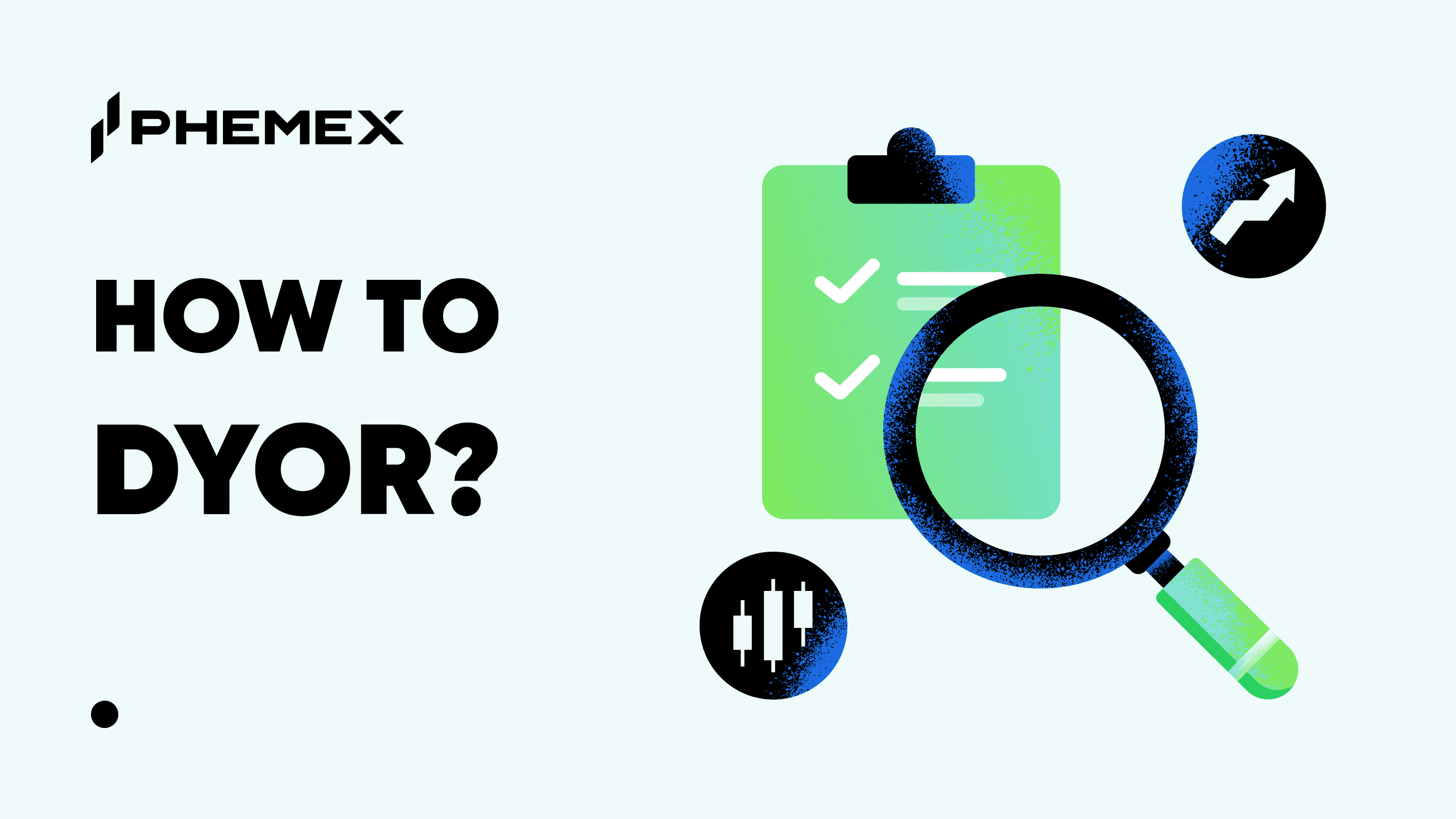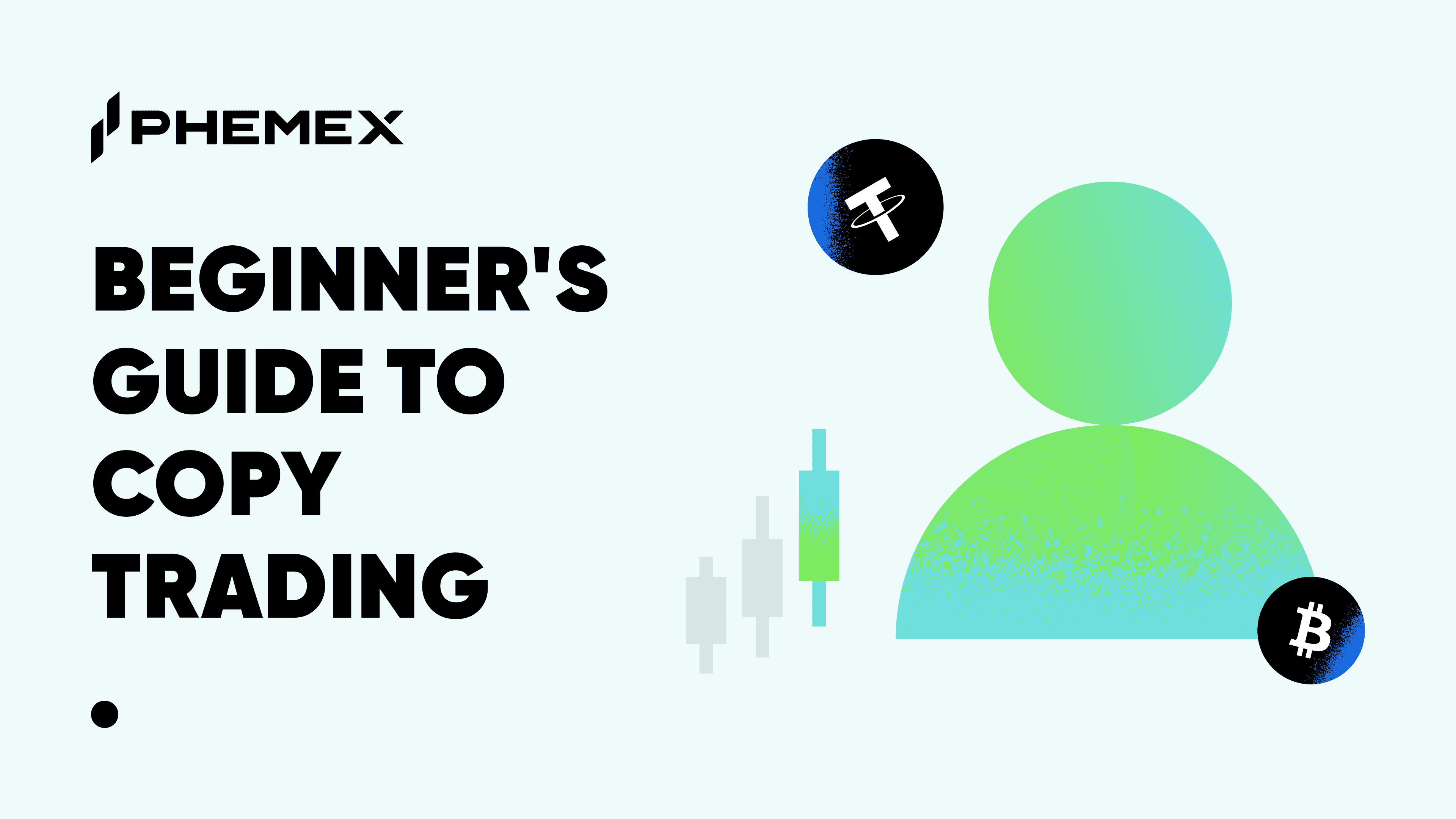There are different taxonomies/categorizations of financial investments. One of the most commonly used of these divides investments into three general types – ownership, lending, and cash/cash equivalents. In this article, we review each of these types and detail the actual investment options within each of them.

What Are the Types of Investments?
The three types of financial investments are:
- Ownership: This type includes financial products that make you an owner or part-owner of some asset. The most common among these products is company stocks. By buying stocks in companies, you become a part-owner of the company and share the risks and rewards linked to it.
- Lending:Under this investment type, you lend your funds to a company, government, or financial institution in exchange for some guaranteed fixed income, payable either at regular intervals or upon maturity of the investment. Corporate and government bonds are the most well-known examples of this investment type.
The key difference between this type and ownership is that you do not share the investment risks and rewards with the asset or institution which you invest in. Instead, you opt for a guaranteed fixed income payable to you regardless of the asset’s performance.
- Cash and cash equivalents:This is the third investment type. It includes cash and an array of highly liquid financial products defined as cash equivalents.
In some cases, Real Estate (RE)/Property is classified as the 4th investment type. However, most finance professionals attribute it to the ownership type. Moreover, composite financial products such as derivatives or various funds may be based on a mixture of two or three of these types, or they may simply be based on one of these underlying types.
What Products Belong to the Ownership Type?
Financial asset classes that belong to the ownership type include:
- Company stocks
- Real Estate
- Commodities
- Cryptocurrency
- Private equity
- Venture Capital (VC)
- Antiques and Collectibles
Stocks
Corporate stocks are probably the most common asset class, both within the ownership type and overall. Many individual investors have a large part of their portfolio locked in stocks. By buying a stock, you become a part-owner of a company and are entitled to rewards in the form of dividends, which depend on the company’s performance.
Real Estate
RE is another very common ownership investment. Compared to company stocks, RE investments are longer-term oriented, typically require more minimum capital, and are not as liquid as stocks. RE has been a long-standing choice of many investors trying to minimize long-term investment risks.
Commodities
Commodities are a popular ownership asset. They can be categorized into two very distinct groups based on their risk and reward profile. One type of commodities, precious metals such as gold, sliver, and platinum, have long been regarded as low-risk investments.
The commodities that are not precious metals, on the other hand, are typically considered high-risk/high-reward asset classes.

Precious metals are characterized by their low-risk profile. (Source: AMGNational.com)
Cryptocurrency
Crypto assets are a new and rapidly-growing investment product. Unlike stocks, cryptocurrency may not necessarily entitle you to a part-ownership in the crypto platform that issued the asset. But some cryptocurrencies do make you a part-owner of the platform by giving you voting rights or a guaranteed share of earnings.
However, many other cryptocurrencies are simply used as a utility to access and make use of the crypto platform’s services.
Despite their name, cryptocurrencies are normally recognized as assets rather than currencies/cash.
Private Equity
Private equity refers to investment in established companies that are not publicly traded. Normally, these are well-performing companies with good prospects for returns.
Venture Capital (VC)
VC is an investment in new companies and startups. While private equity investments target established businesses with a history of performance and good returns, VC is aimed at businesses that are still in the early period of their existence, or even in the pre-launch stage.

Antiques and Collectibles
Antiques are old and/or rare items collected by people with an appreciation for these kinds of artifacts. Collectibles are similar to antiques but do not have to be old or rare. Many antiques and collectibles are bought as investments to store value or to resell later for capital gain.
What Products Belong to the Lending Type?
The key lending type products are:
- Treasury bills with over 90-day maturity periods
- Treasury notes
- Treasury bonds
- Corporate bonds
- Certificates of Deposit with over 90-day maturity periods
Treasury Bills With Over 90-day Maturity Periods
Treasury bills are short-term US government securities used by the government to raise debt from individuals and institutions. While the bills do not have interest rates, they are bought at a discounted rate from the government and then redeemed for full value upon maturity, effectively paying some yield.
Treasury bills come with maturity periods of 4, 8, 13, 26, and 52 weeks. The 26- and 52-week bills are classified under the lending investment type. As we cover the cash equivalents investment type below, we will see that the shorter-term bills fall under that type, rather than the lending type.
Treasury Notes
Treasury notes are medium-term US government debt securities. Their difference from treasury bills is in the longer periods of maturity. Treasury notes have maturities between 2 and 10 years. Unlike treasury bills, they have interest rates, which vary on a daily basis.
Treasury Bonds
Treasury bonds are the third common type of US government debt securities. They are used for long-term investment of 10 to 30 years, and pay higher yields than treasury notes.
Corporate Bonds
Corporate bonds are issued by companies to raise debt. They normally pay higher yields than government bonds but, naturally, come with higher risk levels.
Certificates of Deposit (CD) With Over 90-day Maturity Periods
CDs are bank deposit accounts that have specific terms, interest rates, and maturity periods. These deposits are considered funds you have lent to the bank in exchange for some fixed income payable at regular intervals or upon maturity. Deposits with maturities over 90 days are considered the lending investment type.

What Products Belong to the Cash and Cash Equivalents Type?
Highly liquid asset classes such as cash and cash equivalents belong to the third investment type. Cash itself is defined as paper legal tender, foreign currency you own, and funds held in immediately cashable accounts, such as checking accounts or current accounts.
A number of investment products are classified as cash equivalents. These products usually have high liquidity and can be converted to cash within a period of 90 days or less. Cash equivalent products include:
- Treasury bills with maturities under 90 days
- Banker’s acceptance
- Commercial paper
- Certificates of Deposit with maturities under 90 days
- Money market funds
Despite being a relatively liquid investment, cryptocurrencies are not classified as cash nor as a cash equivalent since they are not backed by a government or government-recognized legal authority.
Treasury Bills With Under 90-day Maturity Periods
Treasury bills with 4-, 8-, and 13-week maturity periods are defined as cash equivalents rather than a lending type product since their short maturities make them highly liquid.
Banker’s Acceptance (BA)
BAs are bank-issued documents providing guarantees of a payment at some specified future date. These are usually short-term guarantees and therefore, meet the definition of being highly liquid.
Commercial Paper
Commercial paper is a debt security issued by a company to meet its short-term cash flow or funding needs. Commercial papers typically have very short maturities of a few days, weeks, or at most months.
A commercial paper with a maturity under 90 days meets the definition of a cash equivalent.
Certificates of Deposit With Under 90-day Maturity Periods
Although bank deposit accounts are normally viewed as a lending type of investment, CDs with under 90-day maturities are considered cash equivalents.
This also applies to CDs that may have longer maturities but are easily redeemable at any moment. However, there is a grey area when it comes to such CDs. If redeeming a long-term deposit before maturity results in punitively high penalty rates, the funds may not be considered as “easily redeemable,” and therefore, would not meet the definition of a cash equivalent.
Money Market Funds
Money market funds are a variety of mutual funds that specialize in short-term and highly liquid investments. Investors can normally make up to six withdrawals per month from such a fund, so these funds are considered a highly liquid investment meeting the definition of a cash equivalent.
Conclusion
Financial investments are categorized into three types – ownership, lending, and cash/cash equivalents. Among the three types of investments, on average, ownership investment involves the highest risks and highest potential rewards, followed by the lending type. Cash and cash equivalent investments carry the lowest risk, but naturally, offer the lowest potential returns.
When evaluating composite or complex financial products, such as derivatives and various fund products, take note of what underlying assets your investment will be allocated to. Many of these products combine investments from two or all three types.
Read More
- Crypto Trading vs. Investing: Key Differences Explained
- What Are Alternative Investments: Broadening Your Investment Options
- What is Cryptocurrency & How It Differs From Digital Cash
- What is Crypto Lending?
- Crypto vs Stocks: What Are They and How Do They Differ?
- What Is DeFi: How To Be Your Own Bank With $100
- How To Trade Crypto: The Ultimate Investing Guide
- Which Crypto to Buy Today for Long-term & Short-term?







